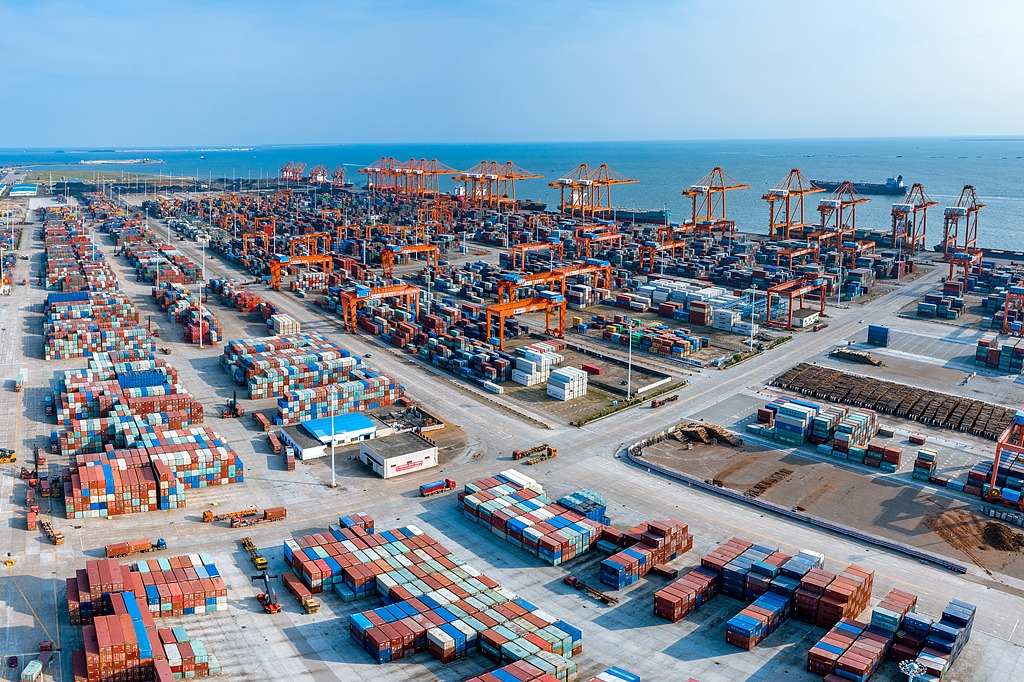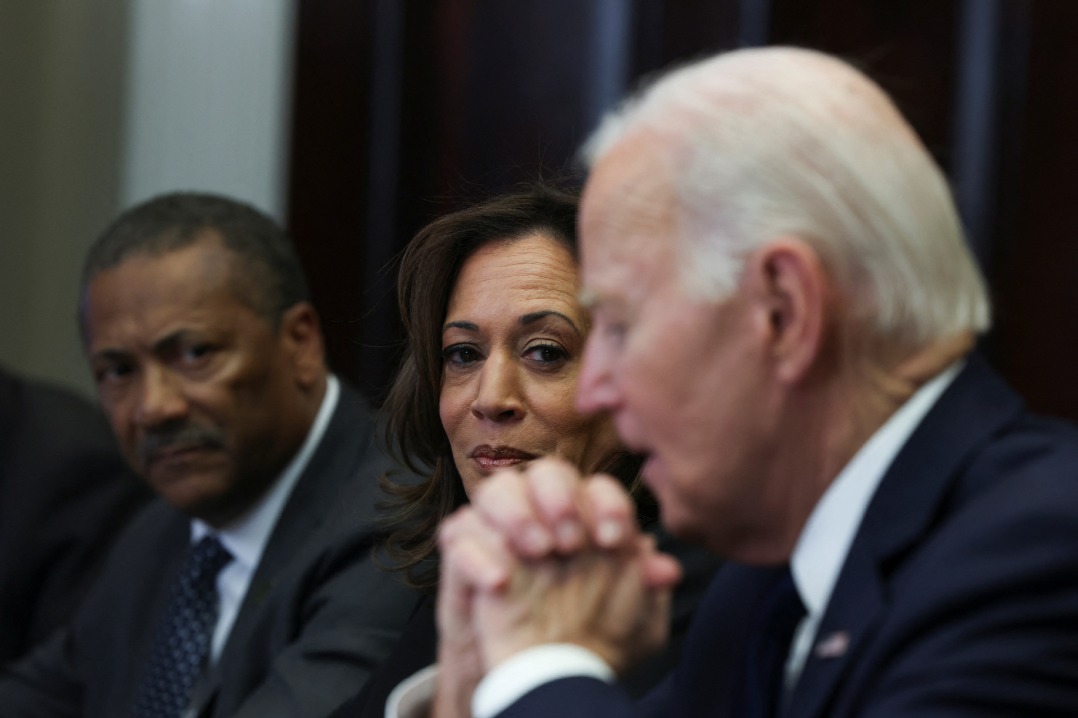New Zealand set to appoint world's youngest female leader
Updated: 2017-10-20 08:17
 |
| New Zealand's new opposition Labor party leader, Jacinda Ardern, speaks during an event held ahead of the national election at the Te Papa Museum in Wellington, New Zealand, Aug 23, 2017. [Photo/Xinhua] |
WELLINGTON - New Zealand will get its youngest prime minister in more than 150 years after the small, nationalist New Zealand First Party agreed to form a new government with Labor Party leader Jacinda Ardern, ending the National Party's decade in power.
The outcome caps a remarkable rise for Ardern, 37, who only took over the party's top job in August, and marks another victory for a youthful global leader promising change, with big implications for the world's 11th most traded currency, the central bank, immigration and foreign investment.
Labor had an even chance as National to form a government after inconclusive elections on Sept 23 gave neither party enough seats to form a majority in parliament.
"Their tighter immigration proposals and more restrictive housing policy all suggest economic growth could be a little bit weaker than the Nationals' policy," Paul Dales, chief Australia and New Zealand economist at Capital Economics, said of Labor.
"The chances of a sharper slowdown are higher under Labor."
The announcement of the new government drove the New Zealand dollar down around 1.7 percent to its lowest levels in four and half months, as markets worried about more protectionist policies to come.
"Labor has always believed that government should be a partner in ensuring an economy that works and delivers for all New Zealanders," Ardern told reporters.
Labor said it would stick to its campaign promise to change the central bank's mandate, seek to renegotiate the Trans-Pacific Partnership trade deal and prioritize an effort to ban foreign ownership of certain types of housing.
It has said it wants to add employment to the central bank's mandate, which would mark a big change for the Reserve Bank of New Zealand which was the pioneer of the inflation-targeting regime adopted across the world.
Record net migration of more than 70,000 annually has fuelled demand for housing in New Zealand, far outstripping supply and pushing house prices prohibitively higher, pricing ordinary New Zealanders out of the housing market.
Fewer immigrants expected
"Far too many New Zealanders have come to view today's capitalism not as their friend, but as their foe," New Zealand First leader Winston Peters, who has been offered the role of deputy prime minister, told reporters.
"We've had to make a choice for a modified status quo, or for change."
Peters said new policy announcements would be up to Ardern, but gave a foretaste of what may come by saying he expected fewer immigrants to be allowed into New Zealand.
He had agreed with Labor to build tens of thousands of affordable homes, he added. Labor made tackling what it calls a housing crisis a priority during its election campaign.
"This shows that Winston Peters wants to make some radical changes in New Zealand," said Bryce Edwards, political analyst at Critical Politics in Wellington.
"He has always been an anti-establishment MP and he, in what will be his last time in government, wants to be in sync with that global rebellion against the status quo."
Labor made a last minute-gamble when it appointed Ardern as a leader not long before the vote, hoping to ride the global sea of change that drove Britain to vote to leave the European Union and Donald Trump to become US president.
Her popularity and message of hope have drawn comparisons with the similarly youthful leaders such as France's Emmanuel Macron and Canada's Justin Trudeau.
Markets are concerned about uncertainty. They worry that curbs to migration and trade could hurt two key sources of New Zealand's robust growth in recent years.
Reuters
























